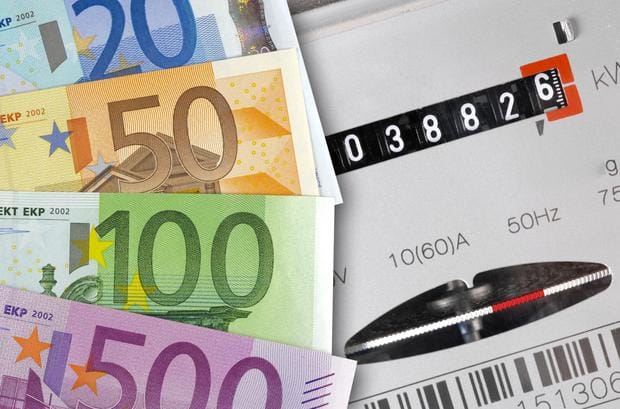Energy prices are currently rising rapidly worldwide. Data centres in Ireland are adding to the upward pressure as they consume 11% of electricity.
According to the ESRI, one in six households were in energy poverty in 2019. A poll conducted by Red C for the Saint Vincent de Paul found that one-fifth of households cut back on heating and electricity due to cost.
One result has been hypothermia amongst the elderly. It is estimated that there are between 1,500 and 2,000 excess winter deaths each year, a large percentage of which can be attributed to inadequate heating;
Many households could be facing an increase in heating and electricity costs of more than €500 this winter as a result of the energy price increases;
Yet the fuel allowance is only paid to 380,000 households, which means a majority of pensioners, as well as low paid workers, do not receive it and are not protected from these increases;
The low level of energy efficiency of the Irish housing stock means that households are particularly impacted by energy price increases and contributes to high levels of carbon emissions.
Aside from the global rise in energy prices, there are a number of domestic factors which are adding to the problem.
First, the deregulation of the energy supply market and the privatisation of Bord Gáis Energy in 2014 was disastrous for people.
When the ESB’s statutory requirement to operate on a not-for-profit and break-even basis was repealed in 2001, electricity prices rose dramatically, resulting in energy poverty, disconnections and an annual 2,800 excess of cold-related deaths;
Second, the government has committed to increasing carbon tax year on year, which is currently set at €33.50 per tonne one fuel and is set to increase by €7.50 per tonne next year. Carbon taxes are a regressive form of taxation, that disproportionately impact lower-income individuals and families, and they are highly ineffective in making the necessary changes to decarbonise our economy
Third, the government’s retrofitting programme, which has a target of 30,000 homes retrofitted in 2022, is entirely inadequate;
People Before Profit are introducing an emergency resolution in the Dail calling on the government to:
-
issue an emergency order under S. 61 of the Consumer Protection Act 2007 in relation to the supply of electricity, gas and home heating oil;
-
fix a maximum unit price on electricity, gas and home heating oil under S. 62 of the Consumer Protection Act 2007;
-
not increase the carbon tax in Budget 2022;
-
Implement a national retrofit plan to retrofit 100,000 homes a year, prioritising local authority housing and homes of those facing fuel poverty;
-
increase the rate of fuel allowance by €10 a week and increase the means test for eligibility for fuel allowance from €100 a week above the state contributory pension to €200 a week;
-
Renationalise the energy supply sector, using a publicly owned and democratically controlled energy company to drive a rapid and just transition to a zero-carbon economy, including public investment in offshore wind energy.
